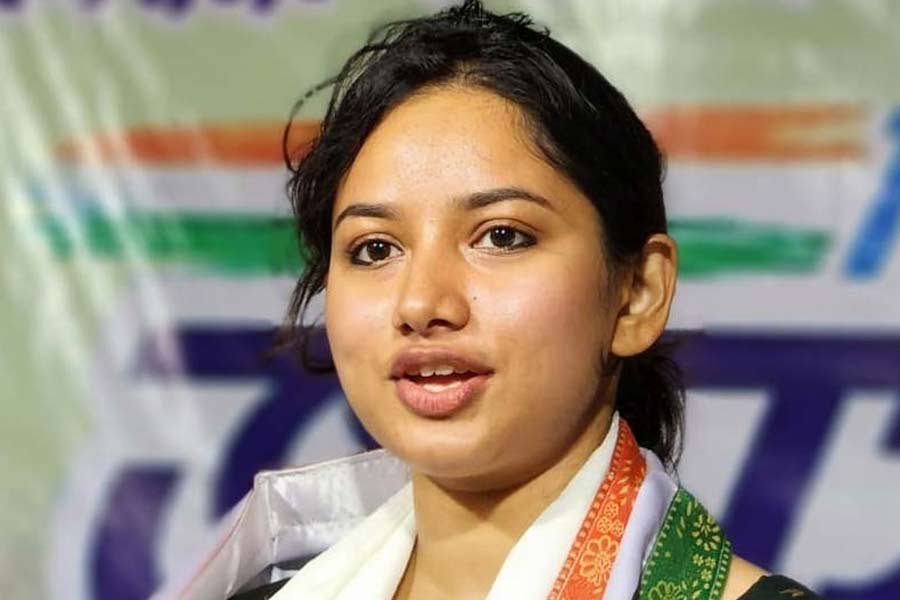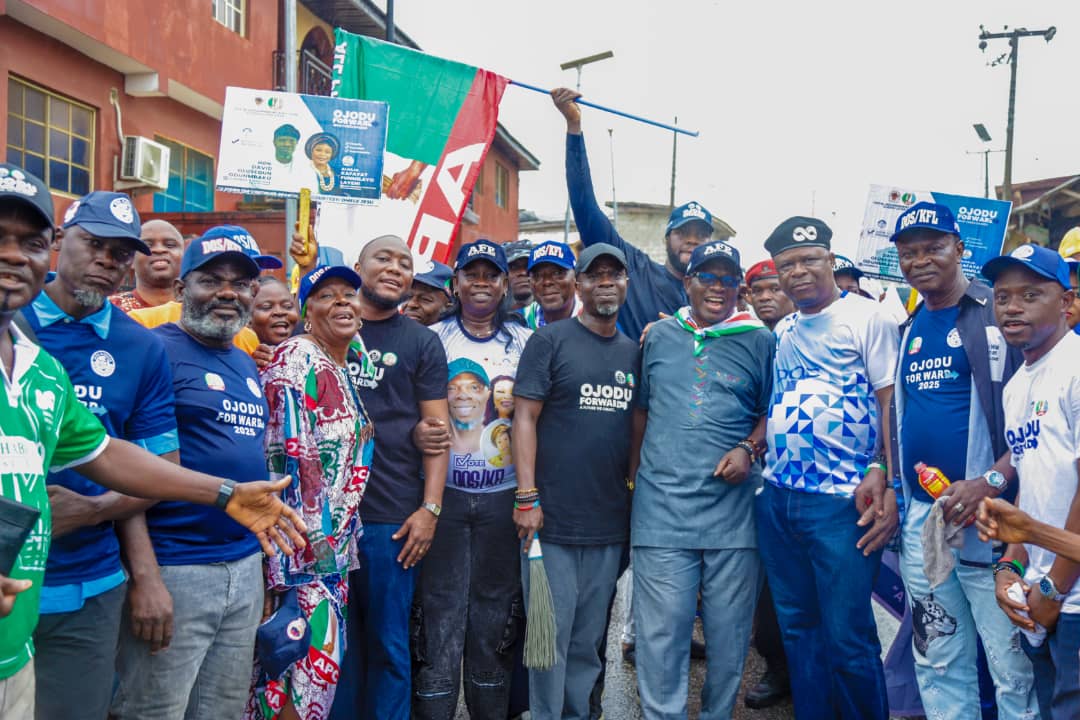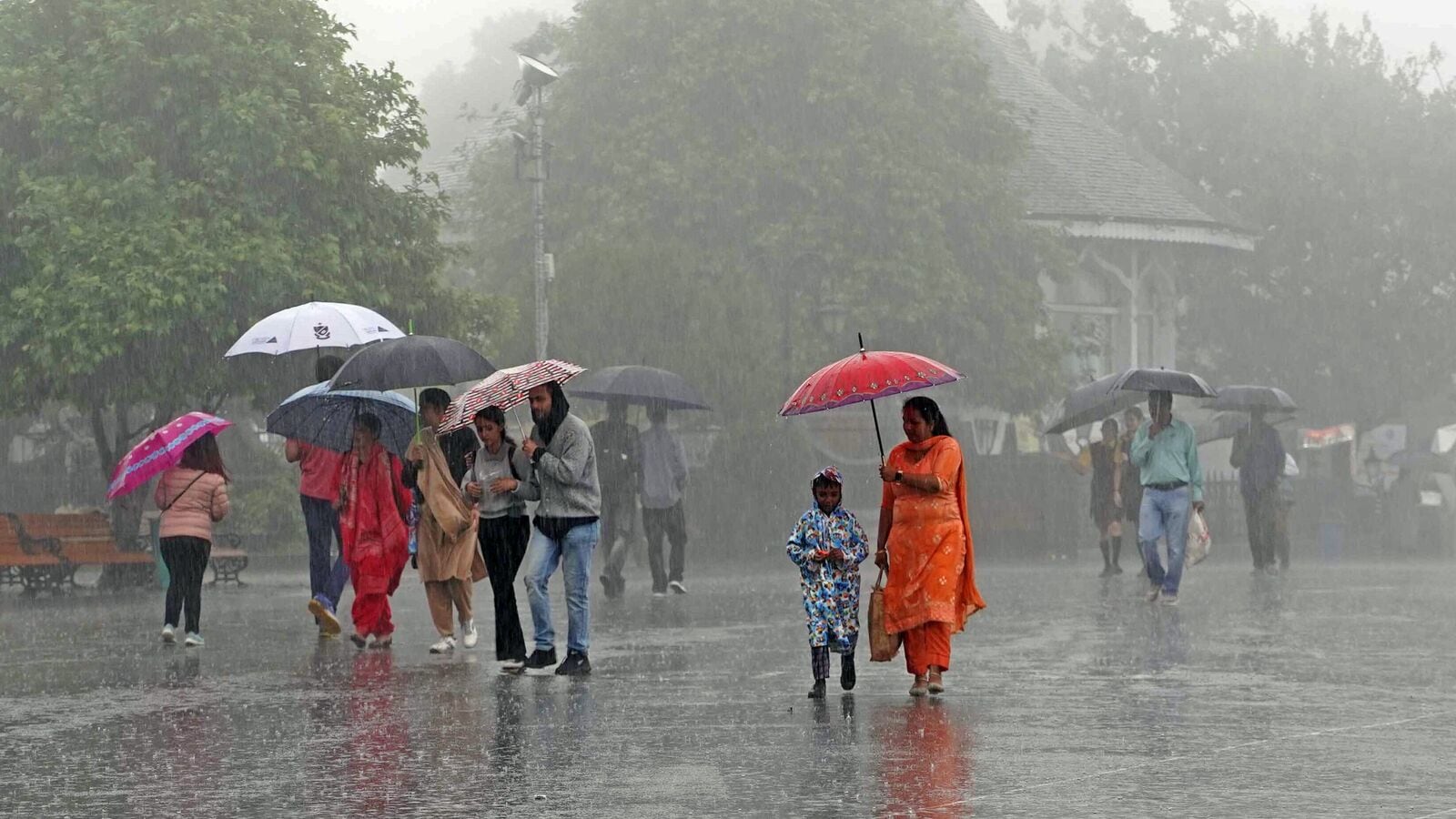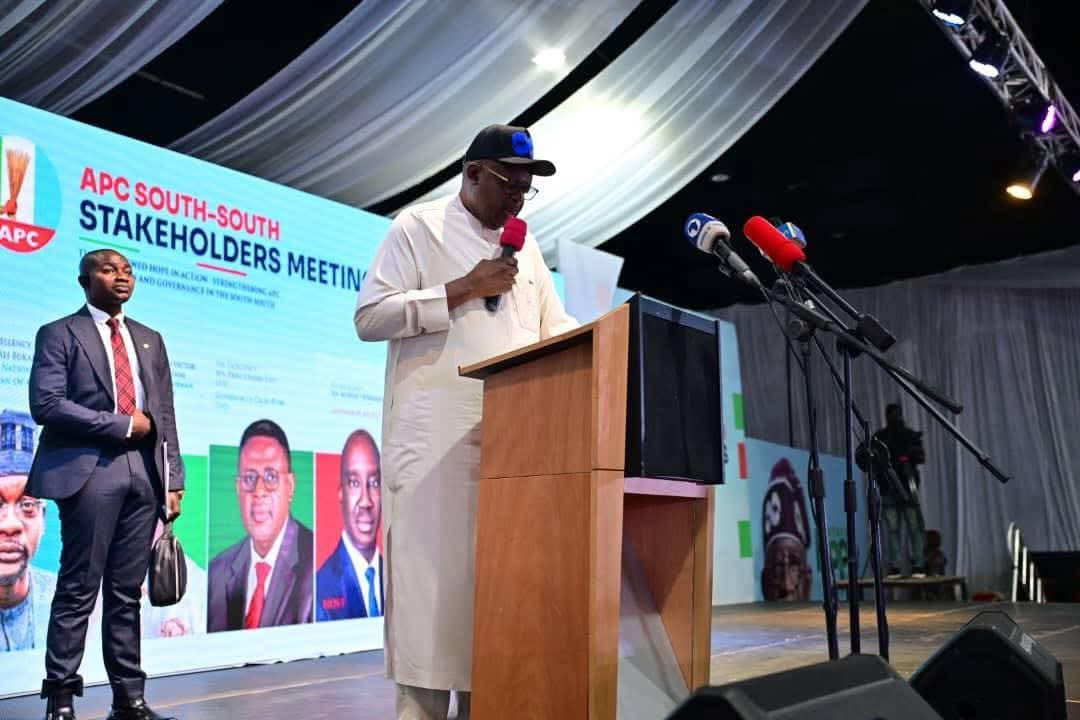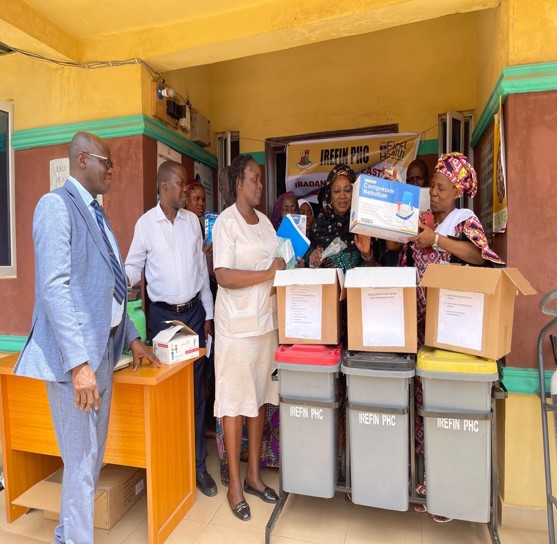Baby Chakraborty | KalimNews | July 5, 2025 | Kolkata : The political situation within the ruling Trinamool Congress (TMC) is becoming increasingly tense as internal disputes continue to surface. Rajnya Haldar, a former leader of the Trinamool Chhatra Parishad (TMCP) and an outspoken critic of the current party dynamics, has escalated matters by accusing certain members of the student wing of sharing indecent, AI-generated images of her. This follows the growing controversy surrounding the Manojit Mishra case, a gangrape incident involving a law student, which has further deepened divisions within the party. Haldar’s allegations have caused unease within the TMC, as her revelations seem to amplify the party’s internal struggles, particularly concerning issues of misogyny.
Haldar, who served as the TMCP president at Jadavpur University before being suspended in October 2024, has long been vocal about gender discrimination. Her suspension followed a social media post about a short film she had starred in, which depicted violence against women. The film, which mirrored the rape-murder of a medical student at R.G. Kar Hospital in August 2024, sparked widespread controversy. Despite her suspension, Haldar has remained an outspoken figure, condemning gender-based violence and fighting for women’s rights, even within her own political circles.
On Friday, Haldar took to the media to accuse some student leaders of circulating offensive AI-generated images of her, which she claims were intended to tarnish her reputation. “There are many Monojit Mishras within the TMCP,” she said, referring to the primary suspect in the law student’s gangrape case. Haldar asserted that these individuals use such images to blackmail female members of the student wing by offering them influential positions in exchange for compliance.
In response, the TMCP leadership denied these allegations, stating that Haldar had never reported such issues to them before. Trinankur Bhattacharya, the state president of TMCP, emphasized that if any evidence of misconduct was provided, the party would conduct an internal investigation and take appropriate action. “She had never brought up the issue with me in the past,” Bhattacharya remarked. Senior TMC minister Firhad Hakim, when questioned about the situation, also claimed ignorance of the specific allegations but reassured that the party and government maintain a zero-tolerance policy towards crimes against women. “We take strict action against anyone found guilty of misconduct,” Hakim stated.
Haldar, however, was unwavering in her criticism, emphasizing that misogynistic behavior is not confined to any single party or group. “These misogynistic males should not be identified with any particular party,” she remarked, underlining that such behavior transcends political affiliations. She expressed frustration with the way women are often sidelined and undermined within the political structure. “They undermine women’s merit, hard work, and determination,” she said.
Along with addressing internal party issues, Haldar also discussed concerns regarding urban and environmental issues in Kolkata. She announced that the Borough offices and Horticulture Department would conduct a thorough inspection of all trees in the city, especially around Rabindra Sarovar and Subhash Sarovar, in light of a recent incident in Howrah. She proposed a citywide tree audit to ensure that no trees pose a risk to public safety, adding that those exceeding certain heights, such as 10 to 12 feet, may need to be removed or trimmed. This initiative, according to Haldar, would help prevent incidents like the one in Howrah, where a tree reportedly caused significant damage.
In her remarks about Kolkata’s Wetlands, Haldar acknowledged the vital role these areas play in the city’s ecosystem. She emphasized that Chief Minister Mamata Banerjee is committed to preserving nature and maintaining the Wetlands as an important natural asset. Haldar outlined plans to develop these wetlands as tourism hubs, promoting activities such as fish farming and boating, in accordance with the Waterland Act. “If money is needed for that, we will ensure it is done beautifully, preserving both the ecology and the cultural heritage of the city,” she said.
On the topic of water supply and metro development, Haldar mentioned that discussions are ongoing regarding the city’s water distribution, particularly in areas like Tala. She stated that alternative solutions are being explored to avoid disruptions. Additionally, she addressed concerns about the impact of flooding on Kolkata’s metro tunnels, highlighting the urgent need for repairs if floodwaters breach the infrastructure. “If water from the road enters their metro system, immediate repairs will be necessary,” she said, pointing out the vulnerability of Kolkata’s metro system to monsoon-induced flooding.
Throughout her statements, Haldar made it clear that these issues must be addressed with urgency, but she also refrained from politicizing them. She noted that her interactions with RBNL (Railway Board of National Logistics) were part of a peaceful meeting, where a preliminary report had been shared. Further planning and joint inspections will take place after the upcoming Durga Puja festival. Haldar urged the involved parties to work together to find solutions without turning these matters into political battlegrounds.
As Rajnya Haldar continues to speak out against misogyny within her own party and push for changes in both political culture and urban development, her actions are likely to have lasting consequences on the ongoing debates within the Trinamool Congress. With her calls for action and accountability resonating with many, the coming weeks could be pivotal in determining whether the party is willing to confront the issues she has raised and make meaningful changes.

